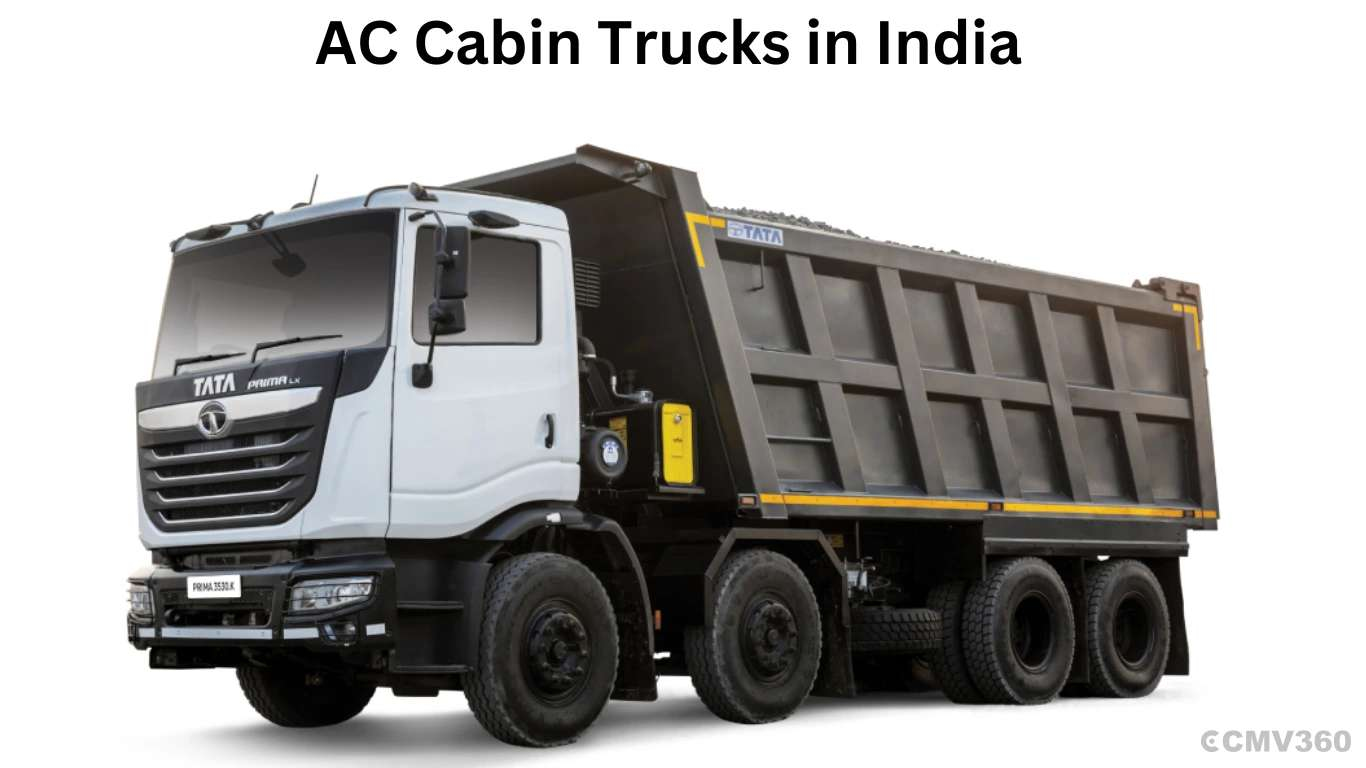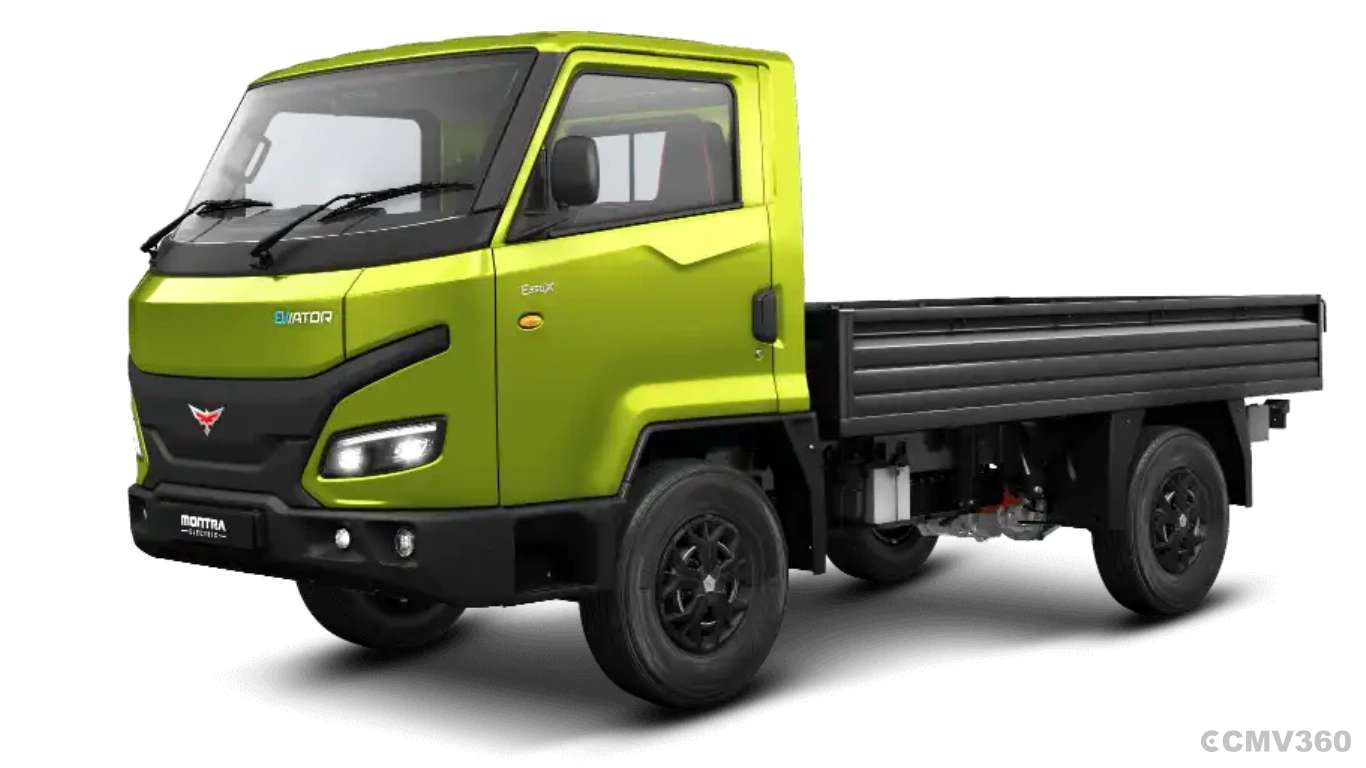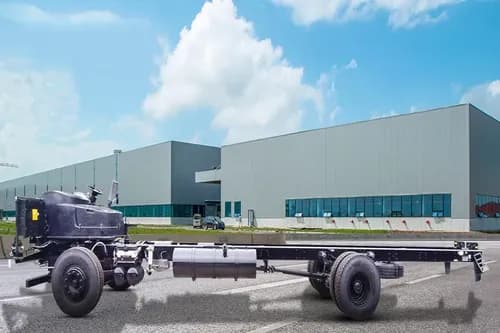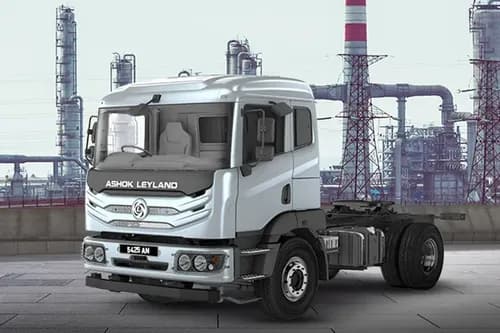Ad
Ad
Winter Truck Lubrication: 7 Simple Tips for Smooth Performance
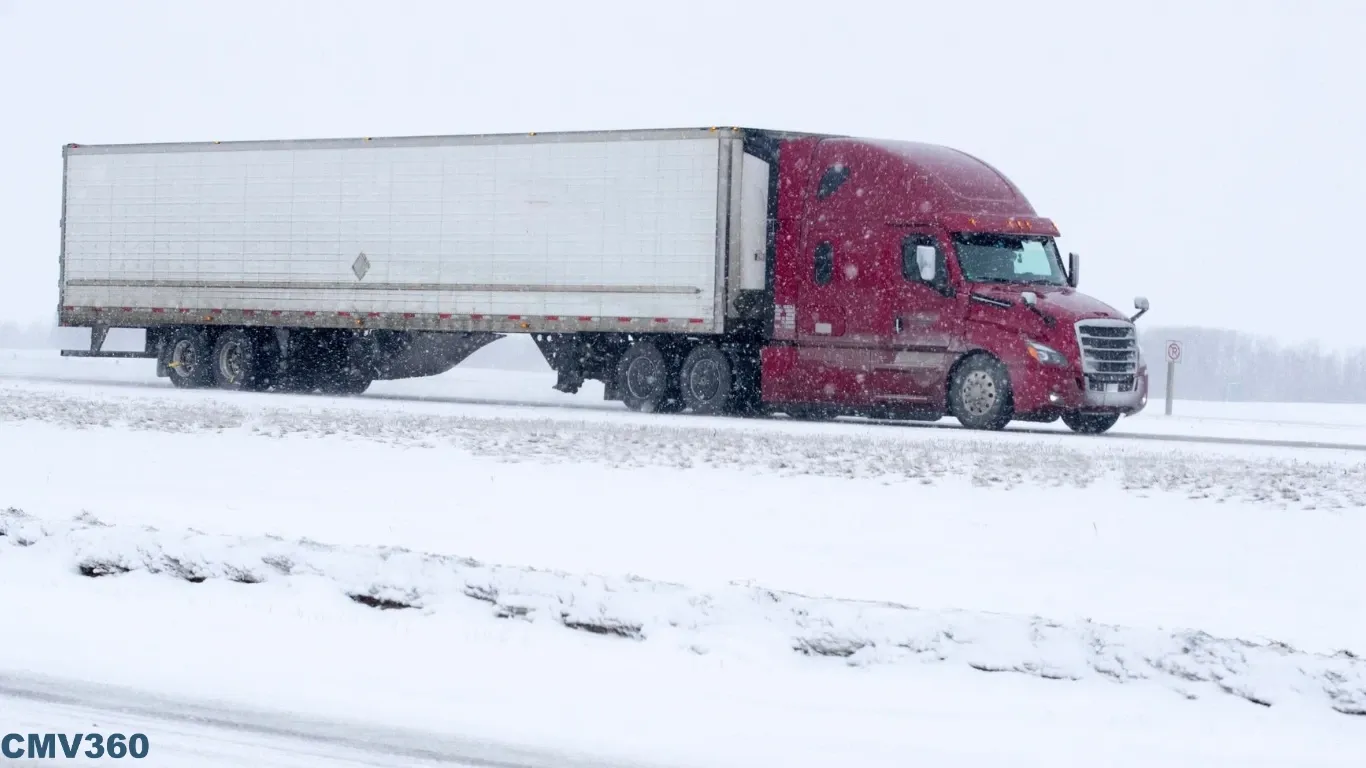
Winter brings unique challenges for truck owners, especially when it comes to truck lubrication. Cold temperatures can cause oils and lubricants to thicken, which directly impacts engine performance and overall truck efficiency. With the right winter lubrication techniques, however, you can keep your truck running smoothly throughout the season. In this article, we will discuss the concept of winter lubrication and provide 7 simple tips for winter truck lubrication.
Why Winter Lubrication Matters?
Cold weather affects every part of a truck, including its engine, transmission, and other moving parts. During winter, standard lubricants can become thicker and lose their effectiveness, leading to poor performance, harder starts, and even major damage to your truck’s engine. Winter-specific lubricants are formulated to handle lower temperatures, allowing the engine and other components to operate smoothly.
Impact of Winter on Engine Oil
Cold weather can have a big effect on your truck’s engine oil. As temperatures drop, the oil becomes thicker, making it harder for the engine to circulate it. This means the engine has to work harder to move the oil, which can put extra strain on the engine.
When the oil thickens in cold weather, it doesn’t flow as easily. This can slow down the movement of engine parts and make starting the engine harder, especially in very cold temperatures. If the oil doesn’t flow properly, the engine parts may not get enough lubrication, leading to more friction and potential damage over time.
Thicker oil also means the engine’s performance may suffer. The engine might lose power because it has to work harder to push the thicker oil through the system. This can also reduce fuel efficiency since the engine needs more energy to run.
To prevent these problems, it’s important to use the right engine oil for cold weather. Oils with lower viscosity, like 5W-30 or 0W-40, are better at flowing in cold temperatures. These oils help keep the engine lubricated and working smoothly in winter.
Why Regular Engine Oil Replacement is Important?
Engine oil helps the engine run better, keeps parts moving smoothly, and protects it in cold weather. It also helps the engine last longer by reducing wear. If the engine oil isn’t replaced, the engine parts will face more friction, leading to increased wear.
Over time, moisture and salt in the air can also cause corrosion in key engine parts, which lowers efficiency and may eventually cause engine failure. Choosing the right engine oil and regularly replacing it helps the engine run smoothly, improves performance, and extends the life of the vehicle fleet.
Also Read: How Truck Drivers Can Avoid Distractions and Drive Safely
7 Simple Tips for Winter Truck Lubrication
Here are the 7 Simple Tips for Winter Truck Lubrication:
Choosing the Right Engine Oil
To choose the right oil for your vehicle, you need to consider two things: 1) the viscosity, and 2) the manufacturer's specifications. For winter, it’s essential to use low-viscosity engine oil. Low-viscosity oils are thinner, which helps them circulate more easily when the engine is cold. This reduces strain on the engine during start-up and ensures that all moving parts are adequately lubricated.
The 15W-40 viscosity grade means the oil behaves like a 15-weight oil when starting up in colder temperatures, but acts like a 40-weight oil once the engine is at its normal operating temperature. 15W-40 engine oil offers great cold start protection by flowing smoothly in low temperatures, reducing friction and improving engine efficiency.
It also provides stability in all weather conditions, helping the engine perform well despite temperature changes, ensuring reliable performance throughout the year. If you're looking for a 15W-40 diesel oil, Castrol GTX is a good choice. It helps extend engine life and protects against wear caused by harsh weather, rough roads, and heavy towing.
Gear Oil and Transmission Fluid
Just as with engine oil, winter-specific gear oils and transmission fluids are important for keeping your truck’s drivetrain and transmission in peak condition. Thicker fluids can cause gears to turn sluggishly in the cold, increasing wear and tear.
Choosing a gear oil or transmission fluid designed for lower temperatures can keep these components running efficiently, even in the coldest weather. Always refer to the owner’s manual before buying engine oil and lubricants for your truck fleet. It will provide details on the recommended OEM engine oil and the right lubricants for your vehicles.
Using oil drain analysis data can help extend oil drain intervals and manage the thermal stability of your engine. Regular analysis ensures the oil remains effective, preventing unnecessary strain on the engine during winter.
Grease for Moving Parts
Winter lubrication isn’t just about the engine and transmission. Grease is also essential for maintaining other moving parts, such as joints, bearings, and suspension components. Regular grease can harden in cold temperatures, affecting these parts’ movement and causing them to wear out faster. Look for winter-grade grease that remains flexible in low temperatures to keep these parts well-protected and moving smoothly.
Fuel Additives for Diesel Engines
Diesel trucks can experience additional issues during winter, such as fuel gelling. Diesel fuel can solidify or “gel” in freezing temperatures, blocking fuel lines and filters. Adding a winter-grade fuel additive designed to prevent gelling can keep fuel flowing freely, helping avoid breakdowns and start-up issues. Be sure to use an additive that’s compatible with your diesel engine.
Regular Maintenance and Checks
Keeping up with regular maintenance and winterizing your truck is key to preventing unexpected breakdowns. Simple checks can help you identify potential issues before they become bigger problems. Look out for any leaks or signs of thickened fluids, and make sure all parts are well-lubricated. Changing oil and lubricants to winter-grade products before the season starts can save time and money in the long run.
Coolant and Antifreeze
While it’s not technically a lubricant, checking your coolant and antifreeze levels is essential for winter readiness. Coolant prevents the engine from freezing in extremely cold temperatures and protects against corrosion. Make sure the coolant mix is suitable for low temperatures to avoid any freezing or overheating issues, which could lead to costly repairs.
Common Misconceptions About Winter Truck Lubrication
Winter truck lubrication comes with a few myths that can lead to mistakes in maintaining your vehicle. One common misconception is that synthetic oils aren’t necessary for winter. However, synthetic oils actually perform better in cold temperatures because they flow more easily, helping the engine start smoothly and reducing strain in freezing conditions.
Another myth is that oil changes aren’t as important in winter. This is far from true. In cold weather, oil tends to thicken and break down more quickly, which can affect its ability to lubricate the engine. Regular oil changes are crucial to prevent engine wear and maintain optimal performance, especially in the winter months.
A third misconception is about greasing the fifth wheel. Some people believe that applying more grease is better for maintenance, but this isn’t the case. Over-greasing can attract dirt and debris, which can cause more harm than good. The key is to use the right amount of grease and apply it as needed for proper maintenance.
Also Read: Best Tips for Driving a Truck Safely in Fog
CMV360 Says
Proper winter lubrication is crucial for truck owners to ensure smooth performance during the cold months. Using the right engine oil, gear oils, and greases helps protect the engine and other moving parts from the negative effects of low temperatures. It's also important to regularly check fluids and follow manufacturer recommendations to avoid costly repairs.
Winter weather can be unpredictable. Always keep an extra set of lubricants on hand for unplanned maintenance. You never know when they might come in handy, especially during harsh conditions.
Features & Articles
Summer Truck Maintenance Guide in India
This article provides a simple and easy-to-follow summer truck maintenance guide for Indian roads. These tips ensure that your truck remains reliable and efficient during...
04-Apr-25 01:18 PM
Read Full NewsAC Cabin Trucks in India 2025: Merits, Demerits, and Top 5 Models Explained
From 1st October 2025, all new medium and heavy trucks must have air-conditioned (AC) cabins. In this article, we will discuss why every truck should have an AC cabin, it...
25-Mar-25 07:19 AM
Read Full NewsBenefits of Buying Montra Eviator In India
Discover the benefits of buying the Montra Eviator electric LCV in India. With best performance, long range, and advanced features, it's perfect for city transport and la...
17-Mar-25 07:00 AM
Read Full NewsTop 10 Truck Spare Parts Every Owner Should Know
In this article, we discussed the top 10 important truck spare parts every owner should know to keep their truck running smoothly. ...
13-Mar-25 09:52 AM
Read Full NewsTop 5 Maintenance Tips for Buses in India 2025
Operating a bus in India or managing a fleet for your company? Discover the top 5 maintenance tips for buses in India to keep them in top condition, reducing downtime, an...
10-Mar-25 12:18 PM
Read Full NewsHow to Improve Electric Truck Battery Range: Tips & Tricks
In this article, we will explore several tips and tricks to improve the battery range of electric trucks in India....
05-Mar-25 10:37 AM
Read Full NewsAd
Ad
Registered Office Address
Delente Technologies Pvt. Ltd.
M3M Cosmopolitan, 12th Cosmopolitan,
Golf Course Ext Rd, Sector 66, Gurugram, Haryana
pincode - 122002
Join CMV360
Receive pricing updates, buying tips & more!
Follow Us
COMMERCIAL VEHICLE BUYING BECOMES EASY AT CMV360
CMV360 - is a leading commercial vehicle marketplace. We helps consumers to Buy, Finance, Insure and Service their commercial vehicles.
We bring great transparency on pricing, information and comparison of tractors, trucks, buses and three wheelers.

